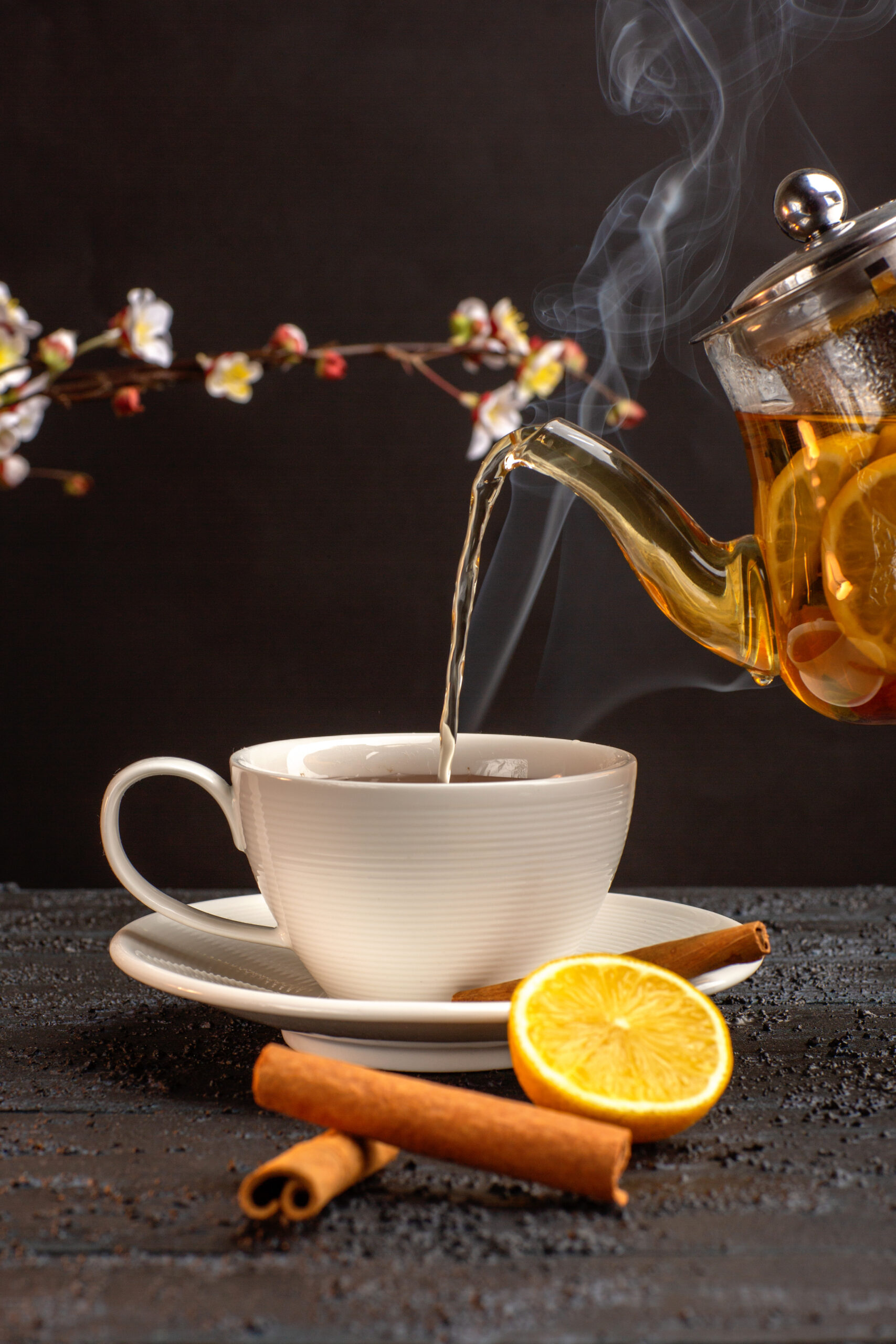According to new research, drinking black tea every day may help to reduce the risk and progression of type 2 diabetes in people by improving blood sugar control.
Researchers from the University of Adelaide in Australia and Southeast University in China discovered that daily dark tea drinkers had a 53 per cent lower risk of prediabetes and a 47 per cent lower risk of Type 2 diabetes, even after controlling for established risk factors such as age, gender, ethnicity, body mass index (BMI), average arterial blood pressure, fasting plasma glucose, and cholesterol.
“The substantial health benefits of tea, including a reduced risk of cardiovascular disease and type 2 diabetes, have been reported in several studies over recent years, but the mechanisms underlying these benefits have been unclear”, notes the study’s co-lead author Associate Professor Tongzhi Wu from the University of Adelaide and The Hospital Research Foundation Group Mid-Career Fellow.
“Our findings hint at the protective effects of habitual tea drinking on blood sugar management via increased glucose excretion in urine, improved insulin resistance and thus better control of blood sugar. These benefits were most pronounced among daily dark tea drinkers.”
These beneficial effects on metabolic control may lie in the unique way dark tea is produced, which involves microbial fermentation, a process that may yield unique bioactive compounds (including alkaloids, free amino acids, polyphenols, polysaccharides, and their derivatives) to exhibit potent antioxidant and anti-inflammatory effects, improve both insulin sensitivity and the performance of beta cells in the pancreas, and change the composition of the bacteria in the gut.
The latest cross-sectional study included 1,923 adults (562 men,1,361 women aged 20-80 years) living in the community across 8 provinces in China. In total, 436 participants were living with diabetes and 352 with prediabetes, and 1,135 had normal blood glucose levels.
Participants included both non-habitual tea drinkers and those with a history of drinking only a single type of tea. They were asked about the frequency (i.e. never, occasionally, often and every day) and type (i.e. green, black, dark, or other tea) of tea consumption.
The researchers examined the association between both the frequency and type of tea consumption and excretion of glucose in the urine (assessed by the morning spot urine glucose-to-creatine ratio [UGCR]), insulin resistance (measured using the triglyceride and glucose index [TyG] derived from fasting plasma glucose and fasting triglyceride levels), and glycaemic status (defined as a history of type 2 diabetes, current use of antidiabetic medications, or an abnormal 75g oral glucose tolerance test).
People with diabetes often have an enhanced capacity for renal glucose reabsorption, so their kidneys retrieve more glucose, preventing it from being excreted in urine, which contributes to higher blood sugar.
According to Associate Professor Wu: “These findings suggest that the actions of bioactive compounds in dark tea may directly or indirectly modulate glucose excretion in the kidneys, an effect, to some extent, mimicking that of sodium-glucose co-transporter-2 (SGLT2) inhibitors, a new anti-diabetic drug class that is not only effective at preventing and treating type 2 diabetes, but also has a substantial protective effects on the heart and kidneys.”
Co-lead author Professor Zilin Sun from Southeast University adds, “Our findings suggest that drinking dark tea every day has the potential to lessen type 2 diabetes risk and progression through better blood sugar control. When you look at all the different biomarkers associated with habitual drinking of dark tea, it may be one simple step people can easily take to improve their diet and health.”


